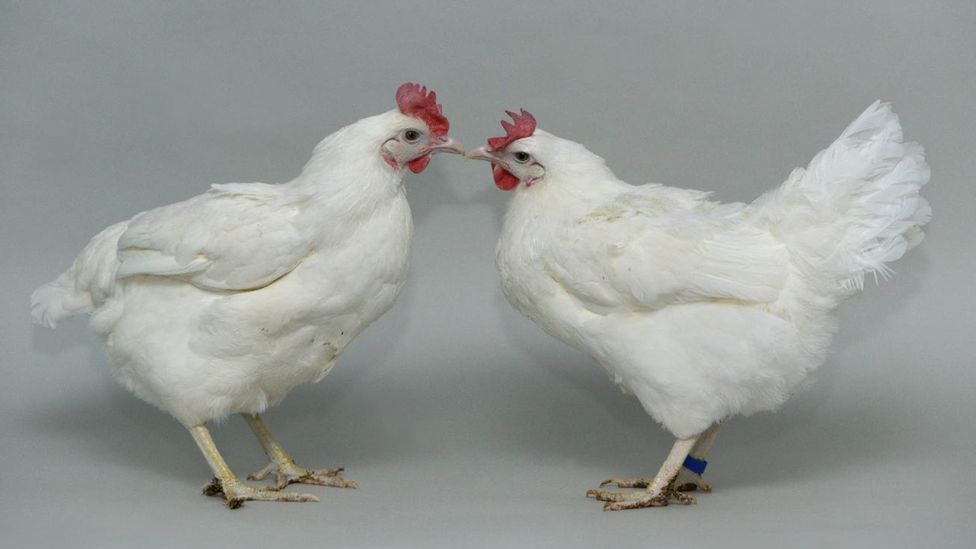-

-
-
Loading

Loading

Scientists have successfully developed gene-edited chickens that show partial resistance to bird flu. While the birds are not completely immune, the researchers believe that their work demonstrates the possibility of blocking the virus within the next three years. Further modifications to the DNA of the chickens could potentially result in fully immune birds. However, critics argue that gene editing merely addresses the symptoms of high-density farming rather than the root causes of animal diseases. The researchers identified three genes crucial for the reproduction of the avian influenza virus in chickens and made two small changes using gene editing techniques. The resulting chickens displayed increased resistance to bird flu but were not completely immune. While any level of resistance is favorable, only a solution that offers complete immunity can be practically employed. In the event that partial resistance is developed, the virus is likely to adapt and pose a heightened risk of a global pandemic if it becomes deadly to humans. Nevertheless, experiments in test tubes have shown that editing all three genes may lead to the production of fully resistant birds. Gene editing involves precise alterations to DNA to modify gene functionality without harming the organisms. The scientists are currently working on identifying additional genetic changes required before developing gene-edited chickens for the next phase of their research. Bird flu is a significant global threat, causing considerable damage in both wild and farmed bird populations. The disease has led to substantial losses in the poultry industry, with the current outbreak of H5N1 bird flu costing the sector over £100 million in the UK alone. It is believed that bird flu initially emerged in intensive poultry farming in China in the 1990s. While the virus mainly affects birds, it can occasionally mutate and infect humans, causing severe illness. Animal welfare organization Compassion in World Farming (CIWF) warns that using gene editing technologies to combat diseases in farms may enable animals to be kept in inadequate conditions. CIWF advocates for the reduction of stocking densities and flock sizes, as well as the clustering of farms, as part of the proper approach to tackling bird flu. The organization supports gene editing solely to alleviate animal suffering and has called for the technology to be used to prevent the mass killing of male chicks in the egg production industry. Gene editing is being explored worldwide to develop disease-resistant and more productive animals. Earlier this year, legislation permitting the commercial development and sale of gene edited food was passed in Parliament. However, a subsequent vote by MPs is required to ensure animal welfare is safeguarded. The findings of the study have been published in the journal Nature Communications.